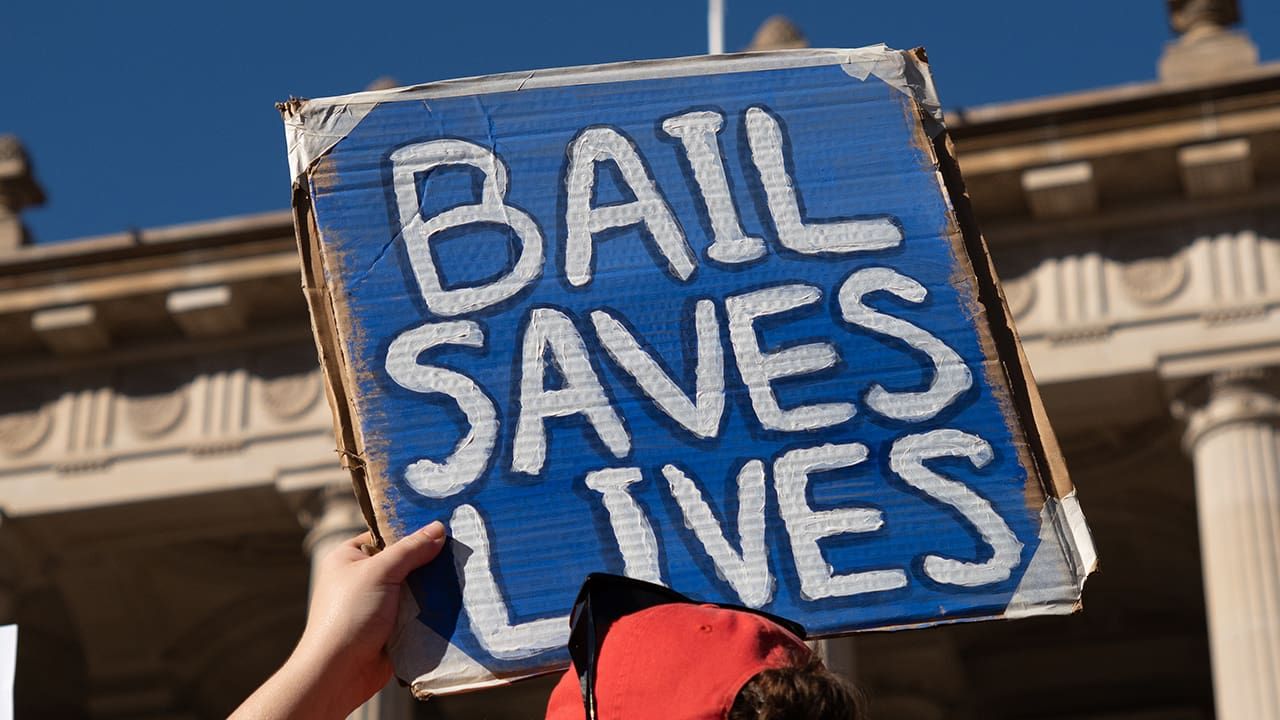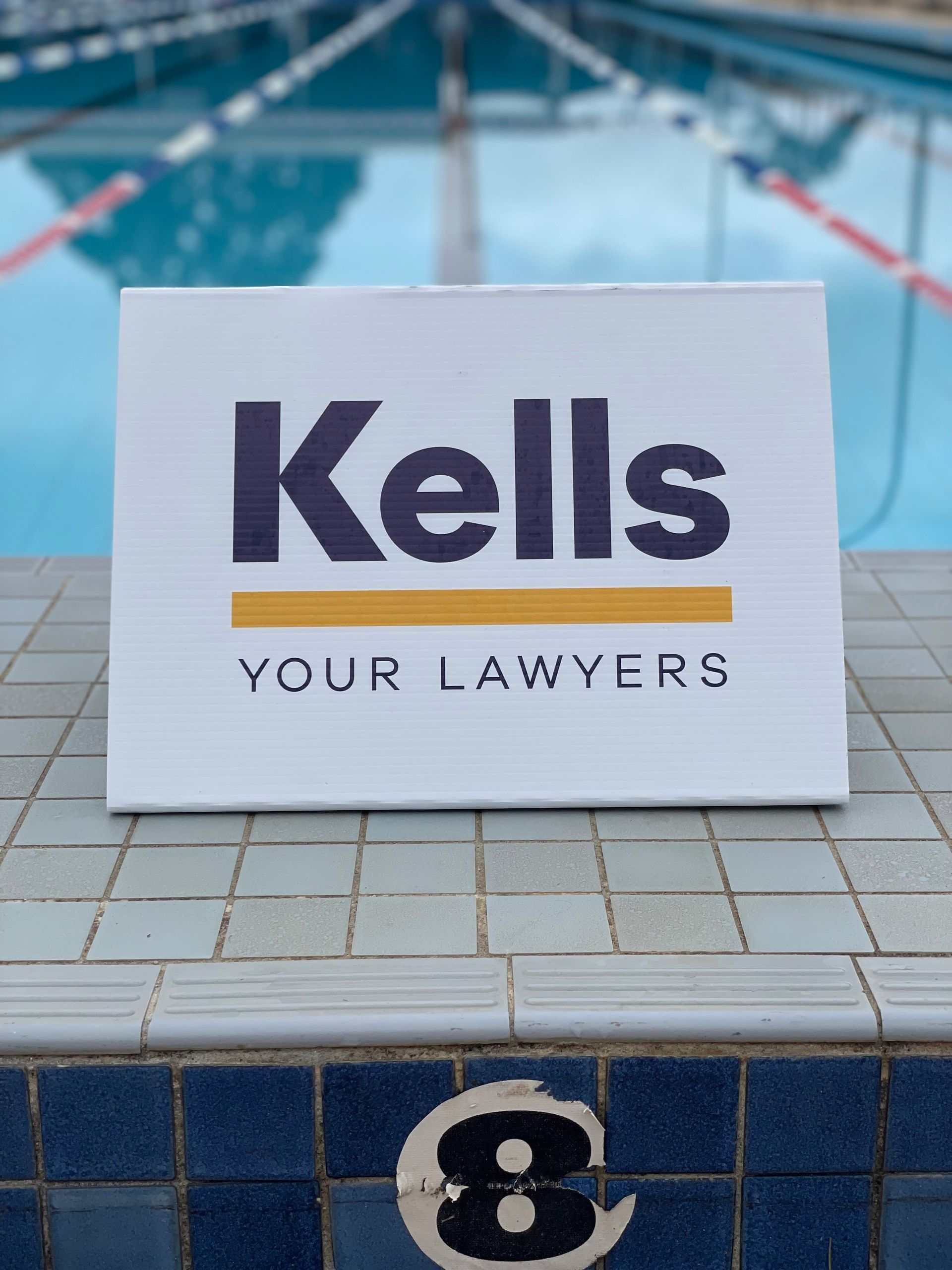Expertise
Criminal Penalties
SPEAK WITH A SHELLHARBOUR CRIMINAL LAWYER
Criminal Law Specialists
We handle a wide range of criminal matters, including traffic offences, drug-related charges, drink driving, theft, assault, fraud, and serious indictable crimes such as homicide.
24/7 Criminal Law Advice
We provide criminal law advice 24 hours a day, 7 days a week across Shellharbour. You can speak with our team any time you need urgent assistance. The initial consultation is offered at no cost.
Top-Tier Team
Our team is led by a former police officer and senior police prosecutor. With deep insight into police procedures and court operations, we approach each case with a well-informed legal strategy.
Extensive Experience
We have appeared in countless criminal proceedings and handle most summary matters directly, without needing to engage external counsel. This allows us to deliver strong courtroom representation while reducing additional legal expenses.
Here To Help
Being charged with a criminal offence can place every part of your life under pressure. You may be dealing with anxiety about the legal process, concern for your reputation, or uncertainty about what to expect next. The experience can be confronting, especially if you have never dealt with the justice system before.
We represent clients facing criminal charges and help them take practical steps to manage the situation. Whether you are defending yourself against serious allegations or seeking to minimise the impact of the charge, we assist you throughout the process and work toward a result that protects your future.
How Can Our Shellharbour Criminal Lawyers Help?
We take a detailed approach to every case. From the outset, we assess the allegations, examine the strength of the evidence, and explain the legal risks in plain terms. This gives you a clear picture of your position and what options may be available.
Our work includes preparing a defence that addresses the core of the prosecution’s case. We challenge any weaknesses in the claims made against you and aim to protect your rights at every stage. We also manage communication with the court and other parties involved to ensure your case is presented as effectively as possible.
Whether your matter involves a minor charge or a more complex prosecution, our priority is to help you move forward with a strategy based on your legal rights. When experience matters, our criminal defence team is ready to act.
Frequently Asked Questions
Get Expert Criminal Law Advice
If you would like to discuss your case with our criminal team, please get in touch. We are available 24/7 to help you and offer a free initial consultation.
Related Articles

Speak to a Criminal Lawyer
We’ll stand by you and protect your rights every step of the way—no matter the charge.









